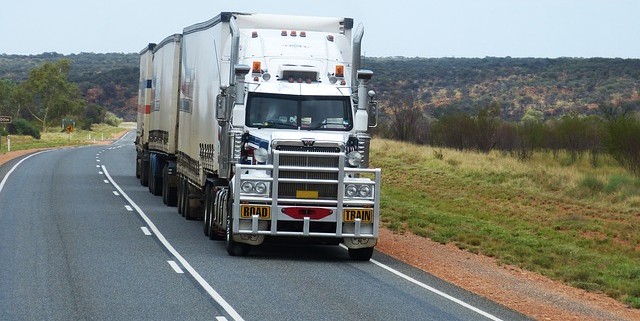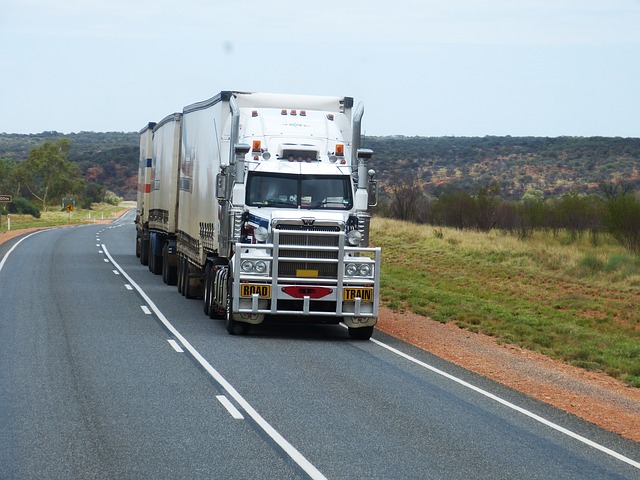TWU Wants Employers to Admit Responsibility in Drivers Drug Taking
The Transport Workers Union wants employers to bear some of the responsibility of drivers who use drugs on the road.
The TWU’s boss, Tony Sheldon believes that employers should admit their role in imposing date and safety pressures on drivers, which result in a minority of drivers turning to drugs such as “ice”.
[Tweet “The TWU wants employers to bear some of the responsibility of drivers who use drugs on the road. “]
The union says it is in favour of employer drug testing and is licensed by an Australian Industry Group (Ai Group) submission to a parliamentary enquiry that suggests union opposition to drug testing is allowing ice to inundate workplaces, particularly in the manufacturing, construction and transport industries.
Some believe that as employers are held partly responsible for fatigued driving issues under COR legislation, they should also be held partly responsible for drivers’ drug taking on the road.
Ai Group CEO Innes Willox stated:
“Ai Group’s submission highlights research which demonstrates that employers in [these] industries are particularly affected given both the higher than average use of ‘ice’ by employees and the industry prevalence of heavy machinery and vehicle operation,”
“Unions need to drop their opposition and accept drug and alcohol testing regimes that will lead to safer working environments.
Source: http://www.fullyloaded.com.au
He went on to explain that employers and unions should be working together to make drug and alcohol testing regimes more effective.
The TWU National Secretary Tony Sheldon went on to explain that certain employers and some customers in the transport industry are creating workplace conditions that encourage drug use through lower rates and ongoing pressure to find ways around safety protocols.
He said employers must have more transparent and clear drug policies including testing, something it has been pushing for since 2006. Mr Sheldon explained:
“Drivers are put under pressure to skip breaks, speed, [and] drive for longer with overloaded vehicles in a stressed and tired state,” he says.
“Sweating drivers and pushing them to their limit results in a small minority of drivers using drugs so they can deal with fatigue, work the long hours and meet the deadlines that are demanded of them.”
Source: http://www.fullyloaded.com.au
Employers need to address drug, alcohol and fatigued driving issues among their employees. According to Chain of Responsibility legislation, drivers aren’t the only ones responsible for fatigued driving, everyone involved in the supply chain has a role to play in road safety. For more advice on Chain of Responsibility compliance and training click here.




